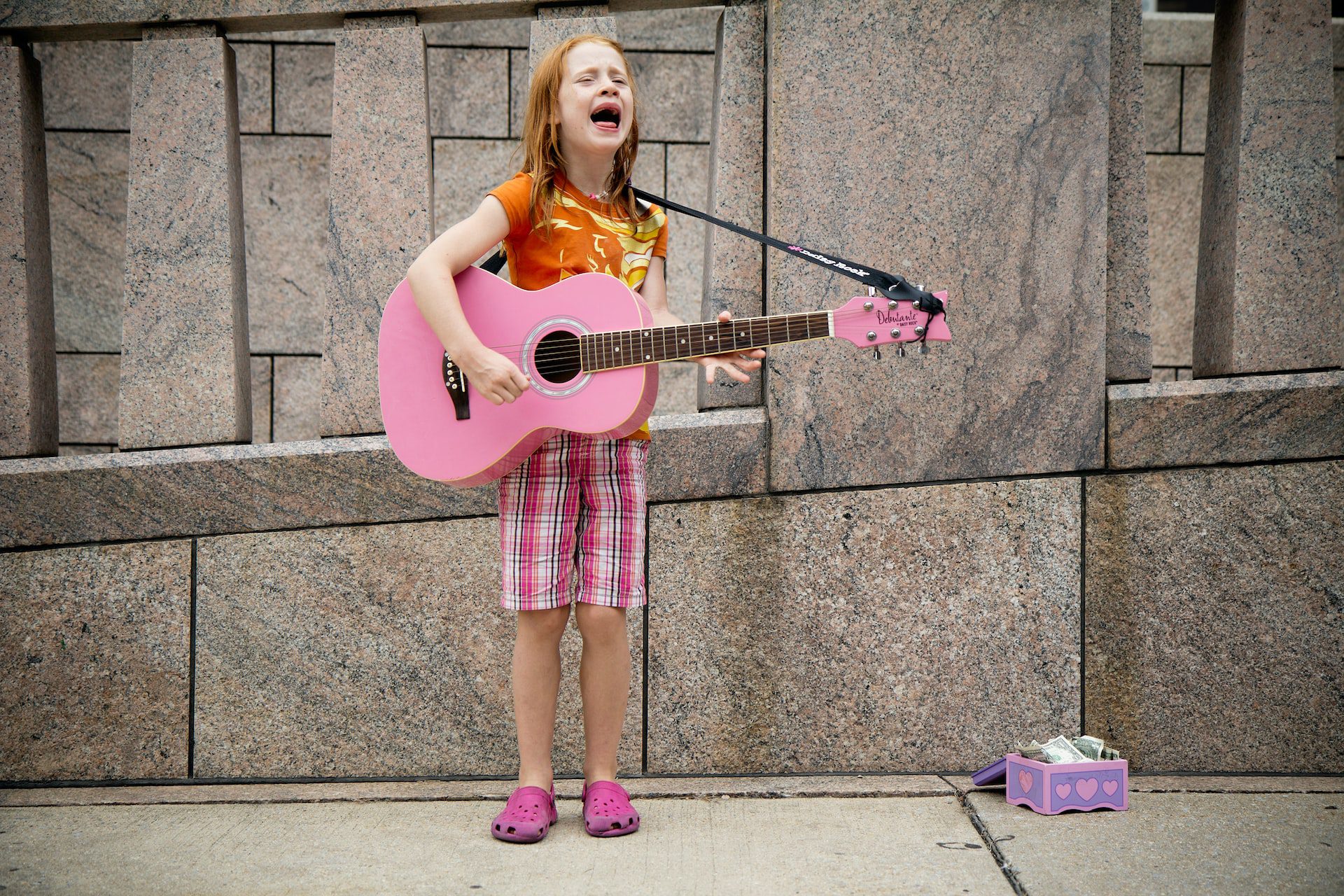
How much pocket money you are paying is creating a new victim in the cost of living crisis, and it’s our children.
The average amount of pocket money paid by parents has declined this year.
According to Halifax’s latest annual pocket money survey, the average amount paid by parents fell from £6.48 a week last year to £4.99 a week this year.
32% of parents surveyed have reduced pocket money payments in 2022 due to the rising cost of living.
How much pocket money you are paying is not bad news for all children. The survey also found that parents are willing to make lifestyle changes to continue making pocket money payments.
50% of parents surveyed said they would cut back on their leisure activities, including eating out or going to the pub. 45% would give up personal treats, including make-up and designer goods, and 41% would reduce spending on hobbies.
A quarter of those surveyed would spend less on the weekly supermarket shop.
Despite this willingness to make financial sacrifices, 32% of parents expect their children to do more chores to earn their pocket money this year.
7 Key Areas To Review as Interest Rates & Inflation Rises
Talking to Children about Money
Emma Abrahams, head of savings at Halifax, said:
“As household costs continue to rise, some parents are having to make difficult choices as they adapt to the conditions they face – from cutting down the family grocery bill, to passing on date night, or that much-wanted personal purchase at the shops.
“Our research reveals that parents are, in fact, protecting their kids’ cash during this time, with many sacrificing spending on themselves rather than cut back on pocket money.”
While less money is available to spend on treats this year, parents reported their children are spending money on gaming and sweets, with 39% saying these were the most popular purchases.
30% of children spent their pocket money on toys, 29% on clothing and hobbies, and 28% on books.
Only 22% of parents said their children are saving pocket money, which suggests an opportunity to teach children about forming good habits.
